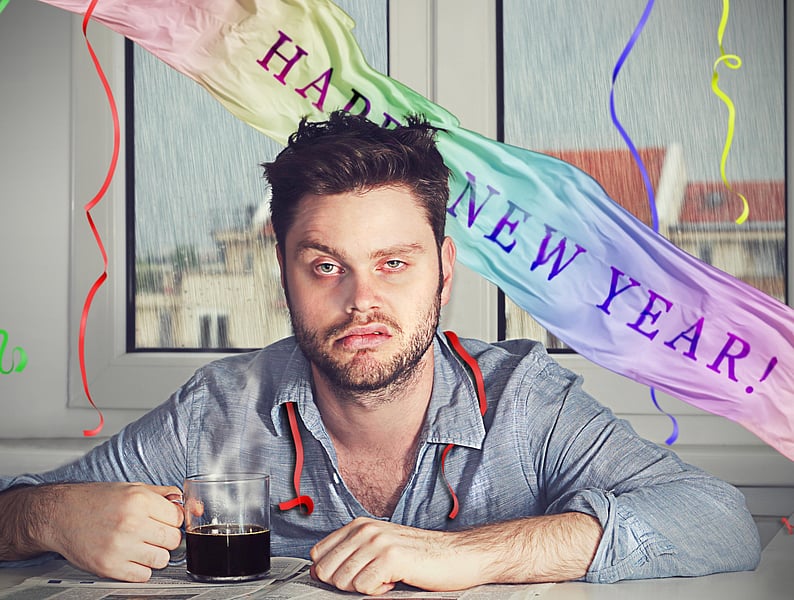(330) 876-1228
8507 Main StreetKinsman, OH 44428
(330) 876-1229

Here's a lesson many may have already learned over the past weekend: Don't count on ginseng, probiotics or any other so-called hangover cures.
No evidence suggests hangover cures work, according to British scientists who studied nearly two dozen trials of these cure products. Their review was published Dec. 31 in the journal Addiction.
"Our study has found that evidence on these hangover remedies is of very low quality and there is a need to provide more rigorous assessment," said lead author Dr. Emmert Roberts, a clinical research fellow at King's College London.
His prescription: "For now, the surest way of preventing hangover symptoms is to abstain from alcohol or drink in moderation," Roberts said in a journal news release.
He and his colleagues reviewed 21 controlled randomized trials of clove extract, red ginseng, Korean pear juice, prickly pear, artichoke extract and other potential cures.
Some of the studies did show statistically significant improvements in hangover symptoms. But researchers said the quality of the evidence was low, usually because of limitations in study methods or imprecise measures.
The reviewed studies typically said little about the nature and timing of the alcohol challenge and had considerable differences in the types of alcohol given or whether they were given with food. Eight studies only included men.
No two studies reported on the same hangover remedy. None of the results had been independently replicated.
Common painkillers, including acetaminophen and aspirin have not been evaluated in controlled hangover trials, according to the researchers.
They concluded that future studies should be more rigorous in their methods, using validated scales to assess symptoms, and include both men and women.
More information
The National Institute on Alcohol Abuse and Alcoholism has more on alcohol's effects on the body.
SOURCE: Addiction, news release, Dec. 31, 2021
